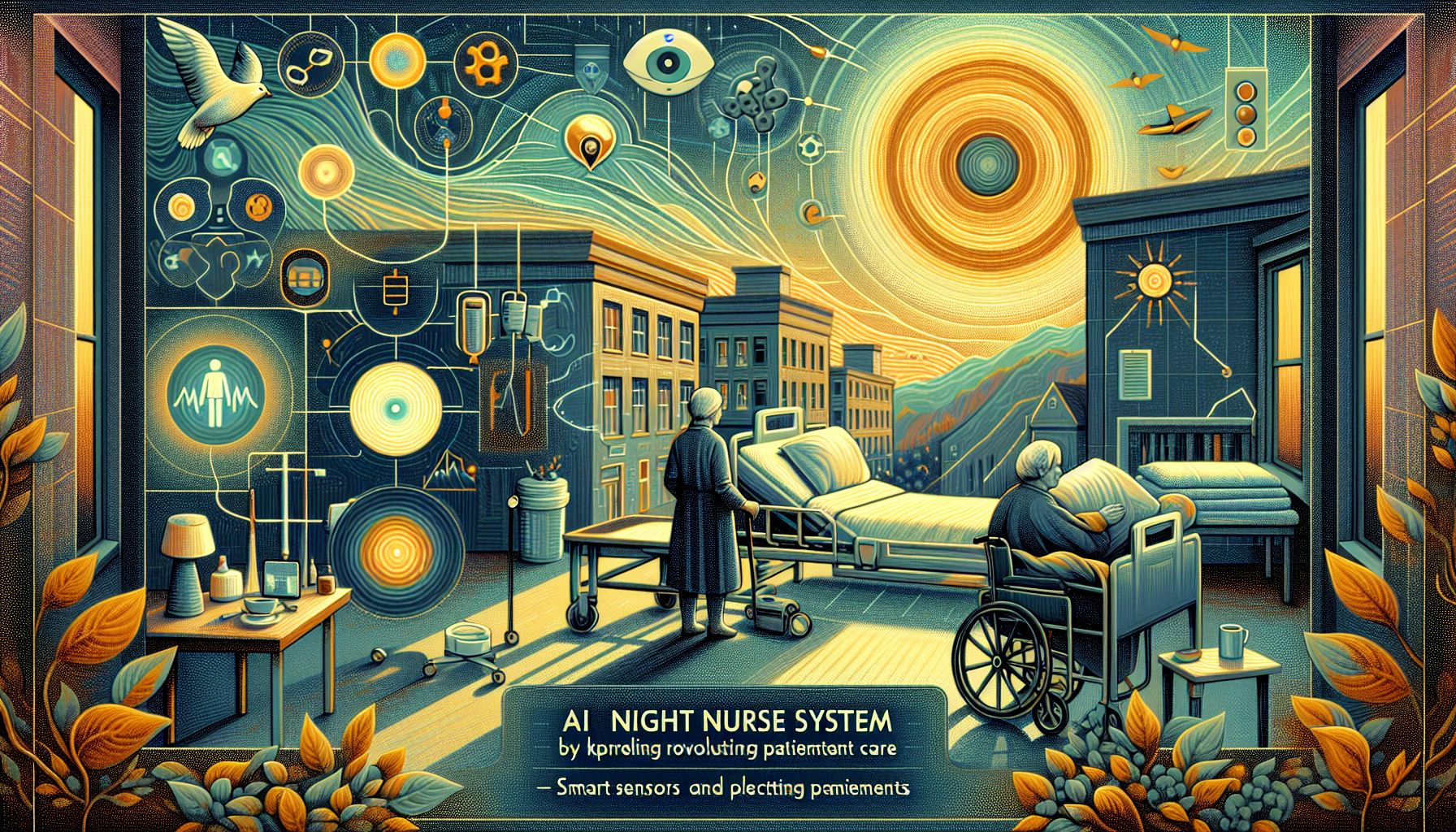AI Night Nurse: Revolutionizing Patient Care in the Face of Healthcare Staff Shortages

Amsterdam, Thursday, 24 October 2024.
Kepler Vision Technologies’ Night Nurse system uses smart sensors to detect patient movements, addressing the looming healthcare crisis. With a quarter of staff retiring soon and rising elderly populations, this AI solution aims to improve care efficiency and prevent accidents.
Addressing a Critical Healthcare Challenge
The healthcare sector faces a formidable challenge: a significant portion of the workforce is nearing retirement, compounded by an increasing demand for care due to aging populations. Harro Stokman, CEO of Kepler Vision Technologies, refers to this situation as a ‘care infarct,’ highlighting the urgent need for innovative solutions to enhance efficiency and maintain quality care[1].
Innovative Technology for Enhanced Care
Kepler Vision Technologies, based in the Netherlands, is at the forefront of addressing these challenges with its Night Nurse system. This cutting-edge technology utilizes smart sensors to precisely detect patient movements, thereby improving response times and reducing false alarms by 99%[1]. By providing real-time alerts within 10 seconds of incidents, such as falls, the system ensures that healthcare staff can intervene promptly, thus preventing potential accidents[1].
How the Night Nurse System Works
The Night Nurse system employs advanced AI algorithms to analyze patient positions and activities. It generates detailed reports that healthcare staff can use to monitor patient well-being and identify potential risks[1]. The technology is designed to recognize staff uniforms, ensuring that alerts are triggered only for patients, thereby minimizing unnecessary disruptions[1].
Investment and Future Prospects
Investment from ROM InWest has bolstered Kepler Vision Technologies’ efforts to expand the reach of the Night Nurse system. The company aims to have the technology monitor over one million clients by 2030, addressing the projected 25% increase in healthcare staff shortages over the next five years[1]. This strategic investment underscores the potential of AI-driven solutions in transforming patient care and operational efficiency in medical facilities[1].

